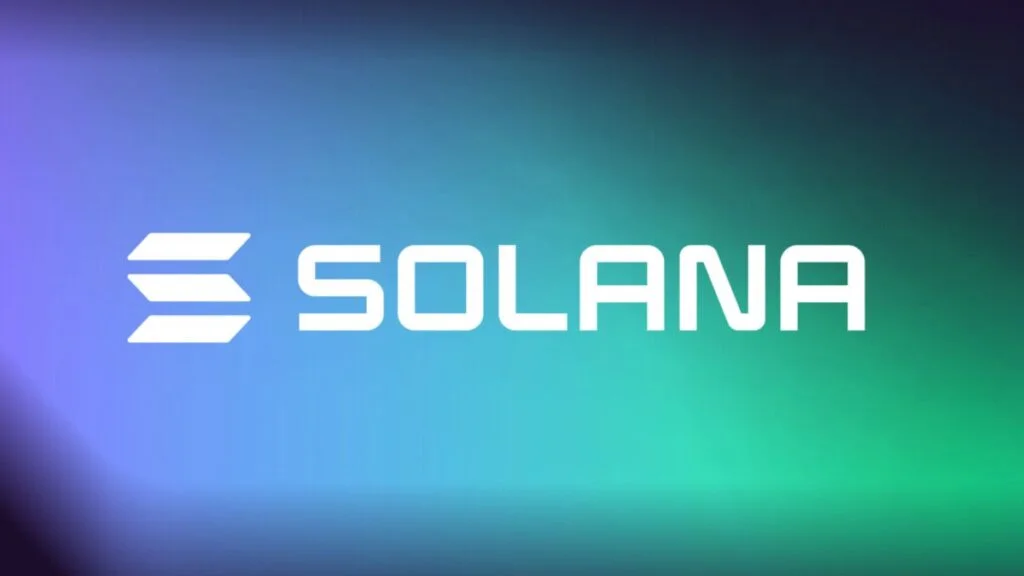Solang, the code compiler that will assist close the gap with Ethereum’s Solidity developers, has been released by the Solana protocol.

The developers of the quick and scalable Solana blockchain, Solana Labs, have released Solang, a programming tool that complies with Solidity. Solana Labs hopes that the launch of Solang will increase developers’ access to the Solana ecosystem for the Ethereum Virtual Machine (EVM).
By enabling developers to create Solidity-based smart contracts on the Solana network, this innovative breakthrough represents a big step toward bridging the gap between the two blockchain ecosystems.
In the past, Solana development has mainly depended on programming languages like C or Rust to generate smart contracts. However, Solana Labs is enhancing the platform’s functionality and appealing to a wider spectrum of Solidity-experienced developers with the launch of Solang.
Solana is enabling Ethereum developers to smoothly transfer to the Solana ecosystem by utilizing Solidity, the most popular language in Ethereum (ETH), and bringing their knowledge and projects to a high-performance blockchain with unmatched scalability.
The company also mentioned how Solana’s multilingual ecosystem has increased its reach. Solana’s support for numerous programming languages draws developers with a range of skill sets, promoting innovation and expansion within the Solana ecosystem.
Since the release of Seahorse last year, programmers have been able to create Solana smart contracts using Python, which is now the most widely used programming language.
The announcement made today continues the effort to increase the size and accessibility of the Solana ecosystem by building on this progress.
Important Features of Solang
According to the announcement, Solang allows developers to immediately contact other Solana smart contracts from their Solidity code. This functionality encourages the Solana ecosystem’s seamless integration and interoperability, making it simple for developers to take advantage of pre-existing contracts and create intricate decentralized applications.
The Solana SPL (Solana Program Library) tokens are also supported by Solang. Through its Solidity-based smart contracts, developers may generate and interact with SPL tokens, which are built into the Solana blockchain.
Additionally, Solang easily connects with Anchor, a platform for creating Solana smart contracts. By offering high-level abstractions and tooling for Solana contract creation, Anchor streamlines the development process.
Overall, by offering additional freedom and options to create innovative decentralized applications and services, these features contribute to the expansion of the Solana ecosystem.
